Join the WHO Air Quality, Energy and Health Unit for the webinar “Cleaner air through better places. The Directory of resources for planning healthy environments” to be held on 20th March 2024 at 15:00-16:00 (CET).
Air pollution is one of the greatest environmental risks to health, and urgent action is needed to lessen its harmful effects. This involves working across different sectors such as transportation, land use, energy, industry, and agriculture. Air pollution is also tied to other environmental risks, such as climate change and noise pollution. When taking action to reduce the health impacts of these environmental risks, air pollution will be reduced too. Similarly, improving air quality can lead to healthier populations by reducing the health effects of other environmental risks and by developing healthier environments, while considering a multisectoral approach.
There's a lot of information, tools, and training available to help tackling air pollution and create healthier environments. Nevertheless, there is a need to bring all these resources together to smoothen the process for policymakers, researchers, city representatives and other actors to make resources easier accessible. This is the goal of the Directory of Resources for Planning Healthy Environments.
The Directory is an online repository with open access resources and tools updated on a regular basis providing information on the importance of planning and designing urban areas from a health perspective, as well as concrete guidance on how to do it. The aim is that country stakeholders are equipped with this compilation of almost 200 resources to inform decision-makers, and to translate the evidence into policies and actions. The Directory is also available in Spanish and French.
This work is integrated in the strategy of the Air Quality, Energy and Health Unit (WHO-HQ) to protect public health through evidence-based actions to improve air quality and ensure access to clean, sustainable energy solutions.
Access the directory here.
Objective of the webinar:
- Launch and preview the directory of resources for planning healthy environments, including its multilingual versions (Spanish & French).
- Discuss the main opportunities and gaps in the field of environmental health, for exploring better solutions for a healthier environment.
After registering, you will receive a confirmation email containing information about joining the webinar.
Agenda
Chair
Abraham Mwaura, Project Officer, Air Quality, Energy and Health Unit, WHO
Opening remarks
Heather Rohani-Adair, Unit Head a.i., Air Quality, Energy and Health Unit, WHO
Air pollution: The leading environmental threat to our health
Pierpaolo Mudu, Technical Officer, Air Quality, Energy and Health Unit, WHO
Brief overview of air pollution as a leading environmental risk affecting human health. Discussion on the sources, impacts, and the urgent need for strategies to combat this invisible killer.
Beyond air pollution: Exploring the spectrum of environmental health risks and solutions
Cristina Vert, Technical Consultant, Air Quality, Energy and Health Unit, WHO
Overview of the interlinkages between air pollution and other environmental health risks. With a focus on interventions and solutions that enhance health co-benefits while improving air quality, we will introduce the directory of resources for planning healthy environments.
The strengths and gaps of the Directory
Janna Radi Mohamed, Research Assistant at the Centre for Global Health at the Dalla Lana School of Public Health at the University of Toronto
Losang Sadutshang, graduate student at the Dalla Lana School of Public Health at the University of Toronto
This session intervention will explore the recent update of the directory, highlighting the gaps identified by researchers. The discussion will examine potential causes for these gaps, such as a possible lack of engagement with these topics by the public and environmental health communities.
Spanish version of the Directory. Making the evidence available across regions
Andrea Cortinez, Universidad de la Frontera, Chile
Dr. Josiah Kephart, Climate Change and Urban Health in Latin America (SALURBAL-Climate) & Drexel University, USA
Overview of the Spanish version of the directory, including a quick tour and assessment of main findings and gaps. Air quality, health, and inequity in Latin American cities: Data and findings from SALURBAL-Climate.
French version of the Directory: a new resource to support the transition towards healthier environments
Anne Roué Le Gall, Associate professor, EHESP French School of Public Health
Guilhem Dardier, Senior research officer & PhD candidate, EHESP French School of Public Health
Quick overview of the EHESP “healthy urban planning” webpage/platform, with a focus on the French version of the directory and air pollution.
Q&A and discussion
Abraham Mwaura, Project Officer, Air Quality, Energy and Health Unit, WHO
Closing remarks
Graham Alabaster, Director Geneva Office, UN-Habitat
Confirmed Speakers
Abraham Mwaura
Abraham Mwaura supports program management and stakeholder engagement as a Project Officer with WHO’s Air Quality, Energy and Health unit. He serves as a WHO focal point for the BreatheLife campaign with 79 city, regional and national governments, and has supported the implementation of the WHO Urban Health Initiative pilot projects in Ghana and Kathmandu. Abe has over 15 years of experience as a community and labour organizer, training youth on climate science and environmental justice, organizing contingent warehouse and logistics workers in Chicago to win basic labour rights, and working with communities in West Virginia to end mountaintop removal coal mining and win access to clean drinking water. | 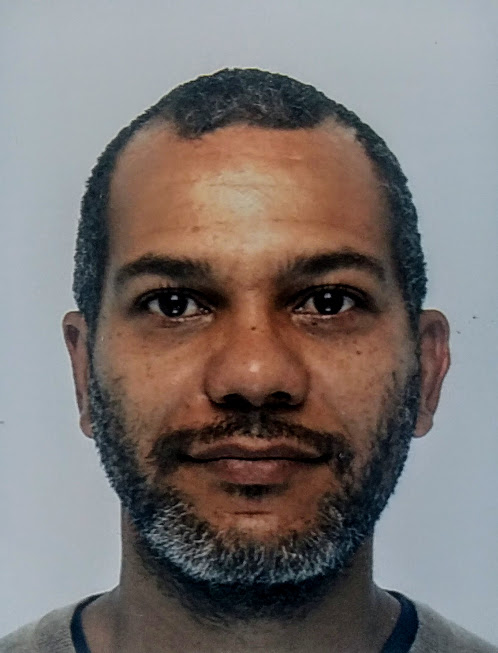 |
Heather Rohani-Adair
Heather Adair-Rohani currently leads the work on air quality, energy and health at the World Health Organization Headquarters. She has led the establishment of the Health and Energy Platform of Action, and the High-level Coalition on Health and Energy. She co-led the coordination and development of the WHO guidelines for indoor air quality: household fuel combustion and is currently overseeing the work to support countries in the implementation of these Guidelines through the Clean Household Energy Solutions Toolkit. She also actively participates and represents WHO at various global initiatives focused on health, air pollution and energy like UN Energy, Sustainable Energy for All, Inter-Agency Expert Group on Sustainable Development Goal Indicators, and the Global Strategy for Women, Children and Adolescent Health. | 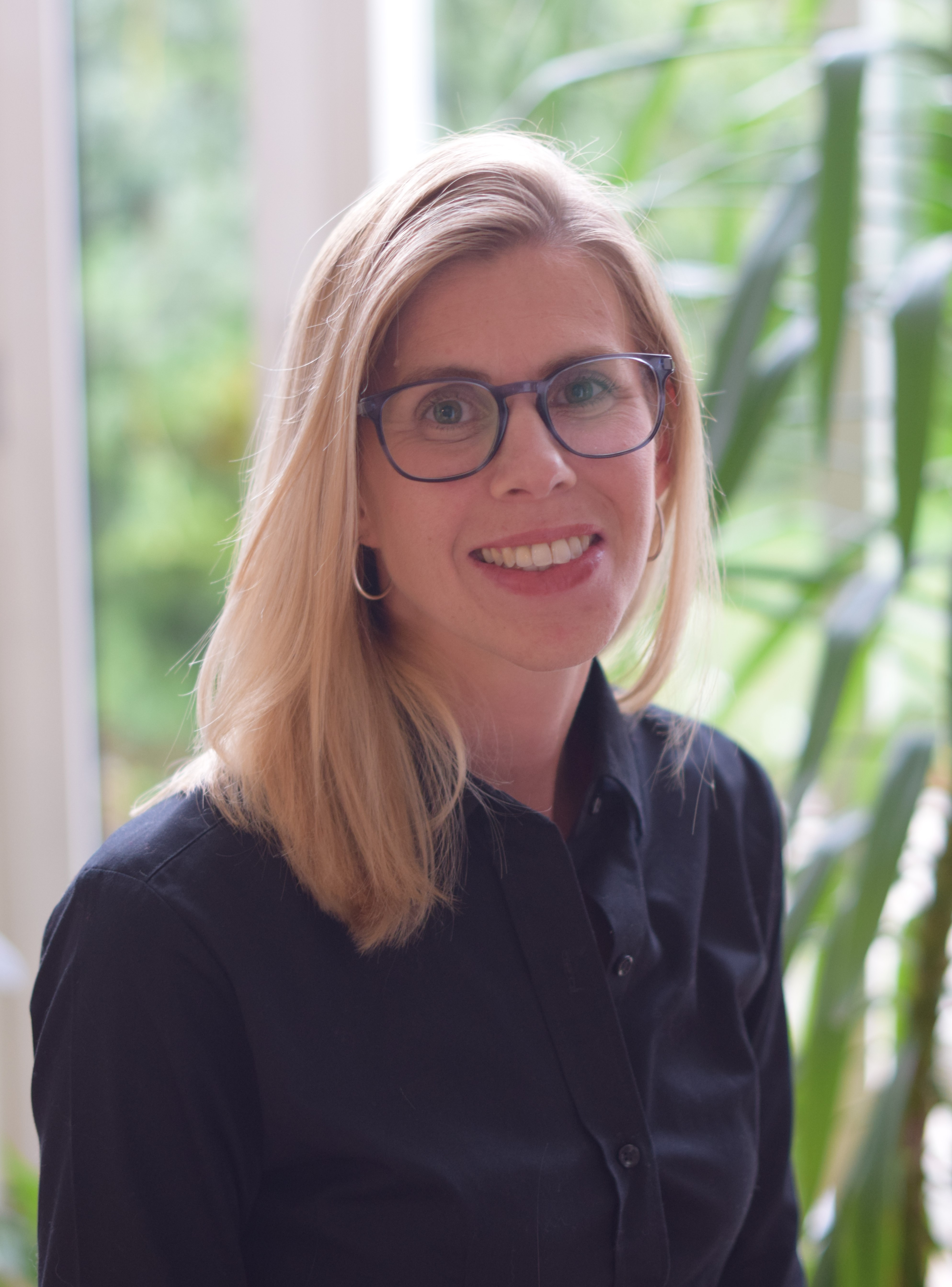 |
Pierpaolo Mudu
Dr Pierpaolo Mudu is a technical officer working for WHO-EURO Environment and Health Center in Bonn, Germany. He also collaborates with the WHO Headquarters in Geneva. His most recent works include the coordination of AirQ+, the software that calculates the impacts of air pollution on health, several impact assessments of environmental policy interventions in various countries and cities, and the development of the case studies both inside and outside Europe. | 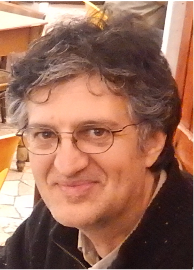 |
Cristina Vert
Dr Cristina Vert is a technical consultant at the WHO Department of Environment, Climate Change and Health in Geneva. She collaborates in the Air Quality, Energy and Health Unit, as well as the Policies and Interventions for Health and Environment Unit. She has recently led the coordination and development of the Directory of resources for planning healthy environments, together with UN-Habitat. She also provides support to the WHO project to expand actions on environment, climate change and health in countries. Her training covers environmental sciences, public health and environmental epidemiology. |  |
Janna Radi Mohamed
Janna Radi Mohamed is a Research Assistant at the Centre for Global Health at the Dalla Lana School of Public Health at the University of Toronto, also a WHO Collaborating Centre for Health Promotion. She is currently pursuing a Master of Health Sciences in Translational Research. Her research focuses on mitigation of air pollution exposure through participatory research. | 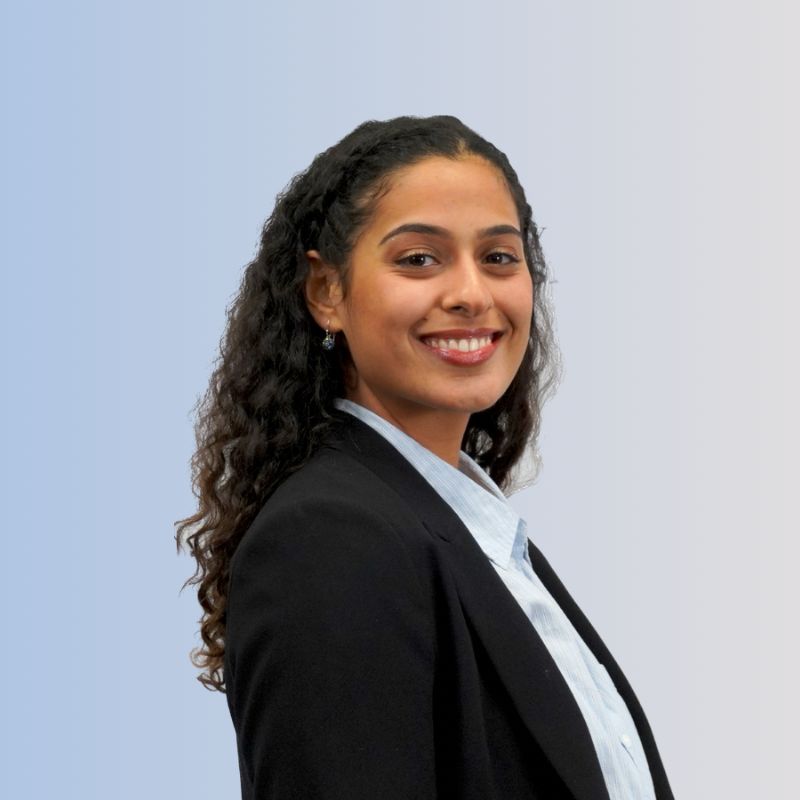 |
Losang Sadutshang
Losang Sadutshang is currently a graduate student at the Dalla Lana School of Public Health at the University of Toronto and was a student research analyst at the Centre for Global Health. He is pursuing a Master of Public Health, Social Behavioral Health Sciences, with a Collaborative Specialization in Global Health, and works as a student analyst at the Office of International Affairs, Public Health Agency of Canada. His research interests are in social determinants of health and the role international affairs plays in shaping global health. |  |
Andrea Cortinez
Andrea is a Chilean physiotherapist with postgraduate studies in Physical Activity and Public Health. In 2006, she founded the NGO Macleta (Women on Bikes), and has continued to deepen the understanding of health and urban planning from academia. She currently serves as a lecturer at the University of Santiago de Chile and conducts research at the University of La Frontera, focusing on promoting health and physical activity through improved urban planning. Her interests span active transportation, the built environment (housing, parks), and public policies that impact these areas. As a member of the Salurbal project (Urban Health in Latin America), Andrea contributed to the development of the Directory of Resources for Planning Healthy Environments. Her work bridges the gap between urban planning and public health, advocating for city planning that encourages active lifestyles and community well-being. | 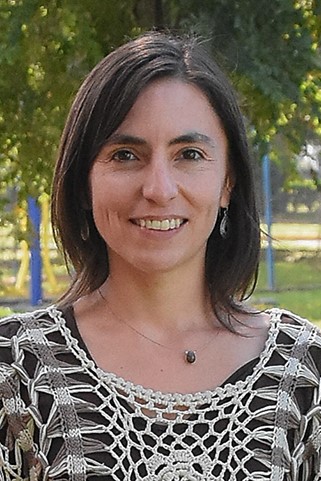 |
Josiah Kephart
Josiah Kephart, PhD, MPH is an assistant professor in the Department of Environmental and Occupational Health and the Urban Health Collaborative at the Dornsife School of Public Health at Drexel University. Dr. Kephart’s research focuses on understanding the contribution of climate change, air pollution, and the urban environment to health disparities in Latin America and the United States. He is a co-investigator in the Cambio Climático y Salud Urbana en América Latina (SALURBAL-Climate) project. He received an MPH and PhD in exposure science and environmental epidemiology from the Johns Hopkins Bloomberg School of Public Health, where he was awarded an NIH Fogarty Global Health Fellowship. |  |
Anne Roué Le Gall
Dr Anne Roué Le Gall is an associate professor at the EHESP French School of Public Health, in the department of environmental health sciences. Based on her expertise in modelling complex environmental systems, she has set up, since 2010, a research agenda dedicated to health promotion in the field of urban planning, developing decision-making tools and approaches that promote sectoral boundary spanning and facilitate knowledge exchange between scientists, decision-makers and practitioners. She is also involved in several groups of expertise and training programs related to health and environmental impact assessments, healthy urban planning, climate change and health.
| 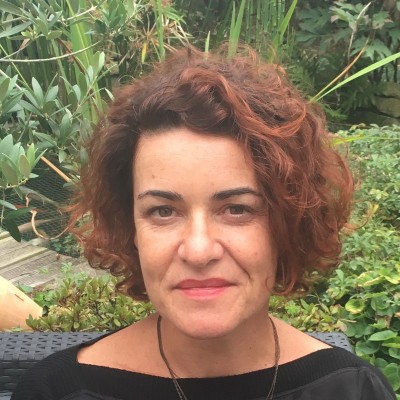
|
Guilhem Dardier
Guilhem Dardier is a senior research officer and PhD candidate at the EHESP French School of Public Health, in the department of human and social sciences. His research focuses on the development and implementation of specific policy instruments that promote health in all policies at the local level (health impact assessment, local health contracts, healthy environments charters and labels, etc.). He is also involved in several training programs on HIA, healthy urban planning and land use planning. Guilhem holds a Master’s degree in political science from Sciences Po Paris and UCSD and a Master’s degree in public health from EHESP. | 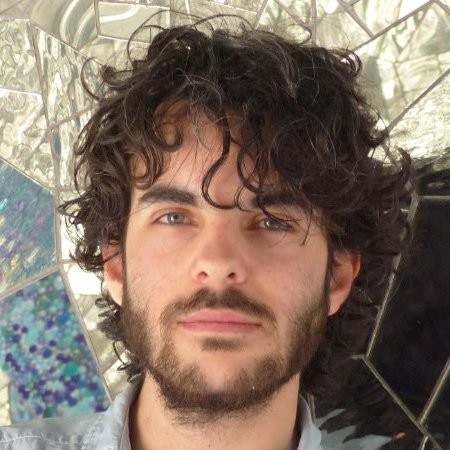 |
Graham Alabaster
Dr Graham Alabaster is a public health engineer by profession and is UN-Habitat’s Director of the Geneva office, where he represents the Executive Director of UN-Habitat. He is responsible for liaison with Geneva-based member states missions and international organisations. He holds a BSc (Hons.) in Chemical Engineering and a PhD in Civil Engineering. After an early career in academic research in the UK and Africa, and a period in industry, he joined UN-Habitat in 1992. Since then, he has looked after many different portfolios including: Slum upgrading, environmental infrastructure; health and environment; Water, Sanitation and waste management. In addition, he has been responsible for developing relationships with the regional development banks and the private sector. | 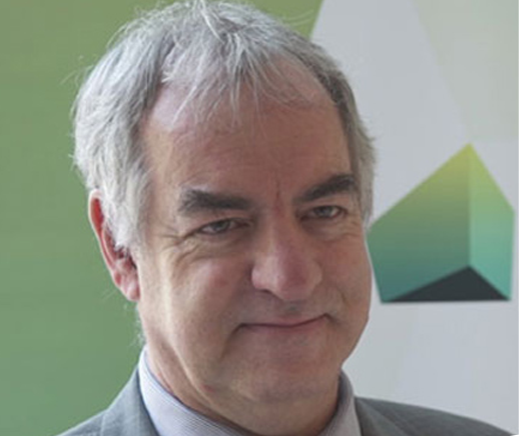 |
After registering, you will receive a confirmation email containing information about joining the webinar.
About the webinar series
This event is part of the WHO Webinar Series – Clean air and energy for health: from evidence to solutions.
The series gives a 360° view on current state of science, tools, interventions and the implementation of policies and programmes for clean air and better health. This series will also showcase solutions that can help prevent or mitigate air pollution health, economic and environmental costs. Bringing together experts, leaders, policymakers, civil society champions, innovators from a multi-sectorial perspective, it will also serve as a platform for fostering dialogue, sharing knowledge, and ultimately shaping a healthier, more sustainable future for all.











